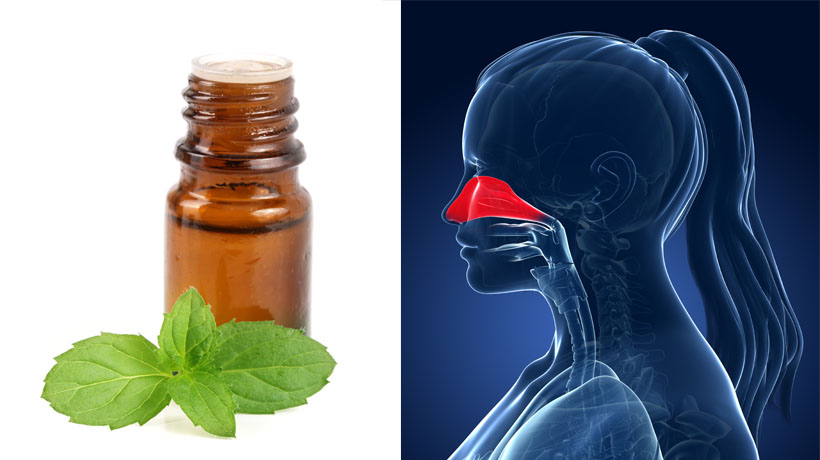With allergy season approaching, the usual routine consists of prescription allergy medication, eye drops, and nose spray. However, there is an alternative route to alleviating allergy distress. Essential oils are liquids distilled from different plants that can be inhaled, called aromatherapy, or put directly on the skin, according to the website Health. Ryan D. Gauthier, doctor of acupuncture and oriental medicine at Henry Ford Health System in Detroit, explains that there are good benefits from using essential oils, but suggests that more research is needed before solely relying on them.
Lemon oil
A popular choice for seasonal allergies, a 2012 study reveals that nasal sprays containing lemon oil reduces inflammation in the sinuses. However, it is important to remember that lemon is sensitive to light. For example, if lemon oil is placed underneath the nostrils and comes into contact with direct sunlight, it will burn and peel the individual’s skin.
Peppermint oil
Seasonal allergies can bring about coughing, which can be alleviated by using peppermint oil. A 2010 study shows that the peppermint smooths out the muscles that are strained when coughing. Peppermint is similar to menthol, in which it opens up the lungs, and is found in nasal sprays.
Eucalyptus oil
Known as an anti-inflammatory, it is most commonly used to aid with congestion. Diffusing this oil into the air, or inhaling the oil from a bottle, can provide some relief and comfort. Steam inhalation can provide relief to those suffering from asthma attacks, seasonal allergies, and pet dander, according to the website Healthline. “This oil is used for reducing swelling in the mucous membranes in the respiratory tract, clearing respiratory infections, easing sinus pain, reducing asthma symptoms, and treating coughs,” according to the website Healthline.
Thyme oil
Thyme contains allergy-fighting properties, that inhibits inflammatory responses and kills bacteria and fungus within the body. It’s used for treating respiratory complications, including, asthma. It inhibits allergic responses from the immune system. “One of the best ways to soothe the allergic response before it becomes too serious is to add a few drops of thyme oil to a steaming pot of water and then inhale deeply, allowing the aromatic compounds of the oil to clear your sinus passages,” according to the website OrganicFacts.
Frankincense oil
One of the best oils for treating allergies, it offers close to immediate relief from inflammation and coughing of the throat and nasal passages. For long term protection from this oil, mix five drops of this oil into your bath and soak in it, allowing your skin to absorb the anti-allergenic element. Also, inhaling this oil stops mucus secretion.
Sources:
https://www.health.com/allergy/essential-oils-for-allergies
https://www.hindawi.com/journals/isrn/2012/404606/abs/
https://www.ncbi.nlm.nih.gov/pubmed/20488237
https://www.healthline.com/health/essential-oils-for-allergies
https://www.organicfacts.net/essential-oils-allergies.html



